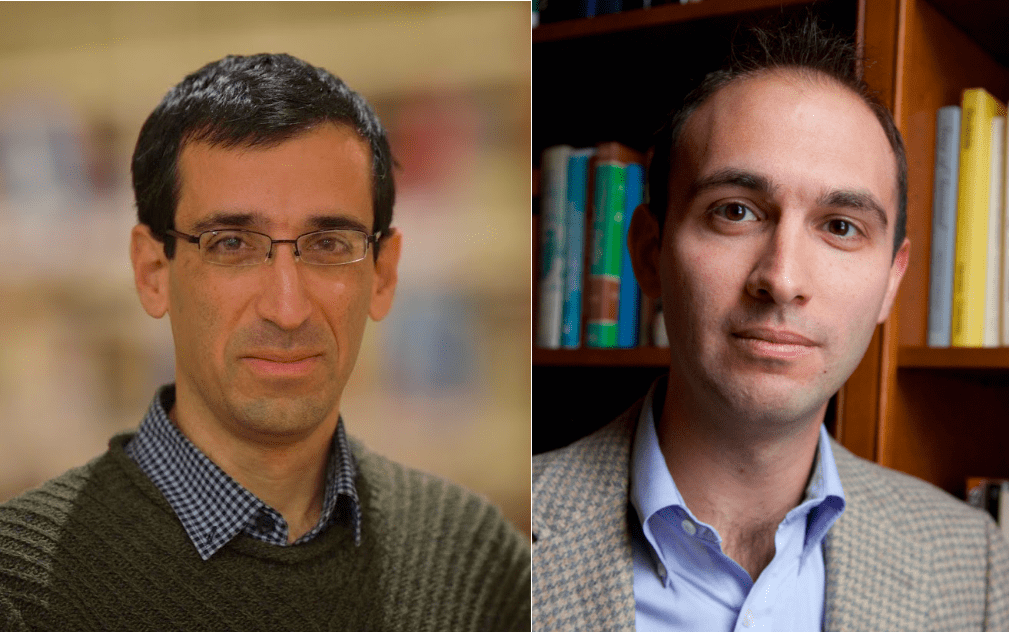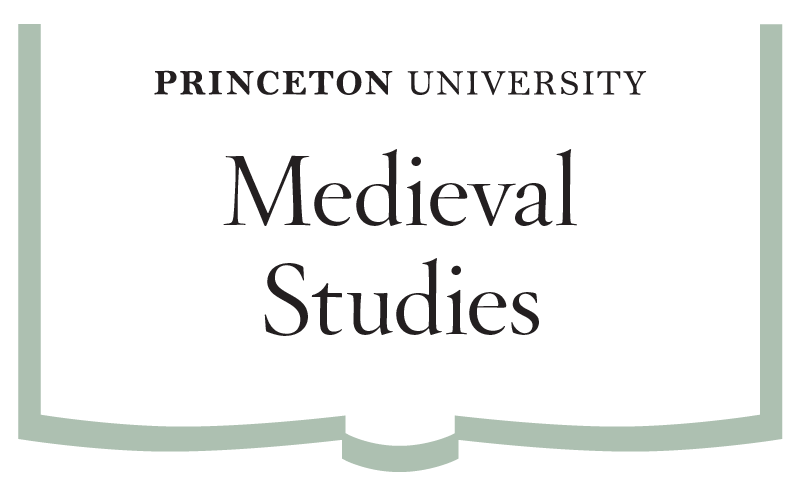
The Justinianic Plague: Apocalypse or Overblown?
Lee Mordechai, Hebrew University; Merle Eisenberg, National Socio-Environmental Synthesis Center in Annapolis
June 11, 2020 · 1:30 pm—3:00 pm · via Zoom – Registration Required
Program in Medieval Studies; Climate Change and History Research Initiative; Humanities Council

Pandemics in the Past: from Prehistory to (almost) the Present
Seminar series of the Program in Medieval Studies and the Climate Change and History Research Initiative, supported by Humanities Council.
The impact of the Justinianic Plague (c. 541-750) has recently become the focus of a heated academia and media debate, which will likely intensify in the context of COVID-19. For the last several decades some scholars have made the plague into a demographic catastrophe, which caused the deaths of tens of millions – up to half the population of the Mediterranean. These interpretations also identify plague as a major factor in broader historical changes in late antiquity including the fall of Rome and the rise of Islam, which are big narratives the media magnifies through catastrophic thinking. Using innovative interdisciplinary sources, however, recent scholarship argues that plague was largely inconsequential to historical change over the long-term. The talk will expand upon this new position, which has challenged the standard narrative through a series of articles published over the last year. It discusses the most glaring problems with the traditional view of the Justinianic Plague, surveys the diverse independent sources that suggest plague did not have a dramatic effect at a societal level, and outlines a few future paths for research.
For registration and Zoom ID for this seminar, go to
https://princeton.zoom.us/meeting/register/tJ0pcOutqj8uGdYPBkXxeQGAfxhgxgMNX51l












